We’re breaking down the differences between wool, cotton, and microfiber comforters, including comparisons like wool vs down duvet, wool vs cotton duvet, and cotton vs microfiber, to help you decide which comforter is the best fit for your sleep needs.
When it comes to bedding, choosing the right comforter is an essential part of making sure you’re getting your best sleep possible. Choosing a comforter that’s too light will leave you chilly and choosing one that’s too heavy will leave you over heated. Not only that, but the different comforter materials have very different properties, so understanding the differences is key to choosing the best comforter for you.
In this week’s post, we’re going to give a break down on the different types of comforters so you can choose your perfect comforter!
 @__byalexandra
@__byalexandra
Cotton Comforters
Cotton fibers give cotton comforters a heavier, cooler feel than down—the weight and warmth are more comparable to a synthetic comforter but made of cotton inside and out.
Cotton comforters are great for anyone with allergies who want to avoid down but still want a high-quality material for their comforter. Cotton is also exceptionally breathable and moisture wicking, so this is a great blanket for the summer months of for anyone who sleeps warm.
Our cotton comforters are filled with cotton and wrapped in a 100% organic, undyed cotton shell.
Shop our organic cotton comforters.
Microfiber comforters
If you want the cloud-like fluffiness of a down duvet without the down itself, our down alternative microfiber comforters are the ones for you.
Our down alternative duvets are made with sterilized and hypoallergenic down alternative microfiber fill and are available in both summer and all season fills. The duvet insert is soft, warm, hypoallergenic and lightweight.
The down-alternative fill provides a feeling like sleeping under a marshmallow as it replicates the feeling of a down bedding, and the baffle box construction keeps the infill in place, giving you an ideal loft.
Shop our microfiber comforter.
 @thisminimalhouse
@thisminimalhouse
Wool comforters
Our top recommendation for comforter materials? Wool! Wool likely isn’t the first material that comes to mind when you think of comforters, but it has a lot of unique properties that make it the perfect comforter.
Wool is both highly breathable, hypoallergenic, and temperature regulating, so whether it’s cool or warm, it will help to heel you the perfect temperature. Wool has a slightly heavier, denser feeling than down, cotton, or down alternatives, so you won’t get the same fluffiness that the others have, but it’s still equally as cozy!
Our deluxe range of wool duvet uses wool from New Zealand farms, which is hand-selected and has full farm provenance. If you’re looking for the perfect year-round comforter, this is the one.
Choosing the right comforter really comes down to personal preference but having the right information can make that decision a lot easier to make! When you’re choosing a comforter, consider your sleeping temperature, texture preferences, and any allergies that may rule our certain materials, like down.
Wool vs Down Duvet
Wool duvets offer excellent temperature regulation, making them ideal for year-round use. They’re breathable, moisture-wicking, naturally hypoallergenic, and resistant to dust mites—great for allergy sufferers. Wool is slightly heavier, providing a cozy, grounded feel. In contrast, down duvets are ultra-light, soft, and exceptionally warm, offering a luxurious sleep experience. However, they may retain moisture and can trigger allergies unless labeled hypoallergenic. Down is better suited for colder climates, while wool performs well in all seasons. If you want breathable, eco-friendly comfort, choose wool. If you prefer plush, lightweight warmth and don’t have allergies, down may be ideal.
FAQ
What is the main difference between wool, cotton, and microfiber comforters?
Wool offers natural insulation, cotton is breathable and lightweight, and microfiber is soft, affordable, and easy to maintain.
Which comforter is best for allergy sufferers?
Cotton and microfiber are often hypoallergenic, but wool naturally resists dust mites and mold, making it a great option for many allergy sufferers.
Is a wool comforter too warm for summer?
Not necessarily—wool regulates body temperature well, making it suitable for both warm and cool weather.
Which comforter material is easiest to care for?
Microfiber is the easiest to maintain—it's machine washable, dries quickly, and resists wrinkles.
Which comforter is most eco-friendly?
Wool and cotton are natural, biodegradable materials, making them more eco-friendly than synthetic microfiber.
Discover our luxurious Merino wool duvet insert for all-season comfort—perfectly crafted for style, warmth, and eco-friendly living at Delara Home.


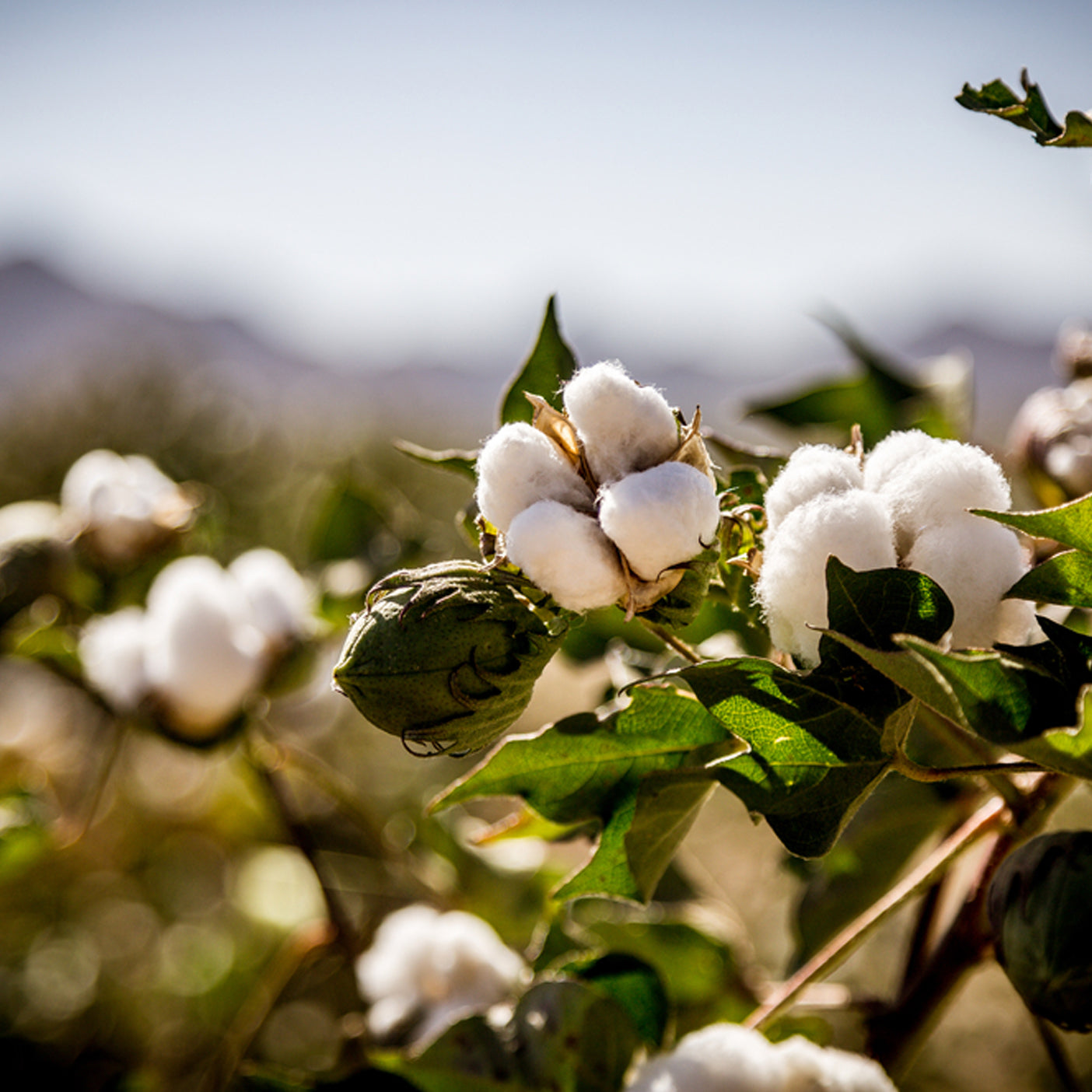
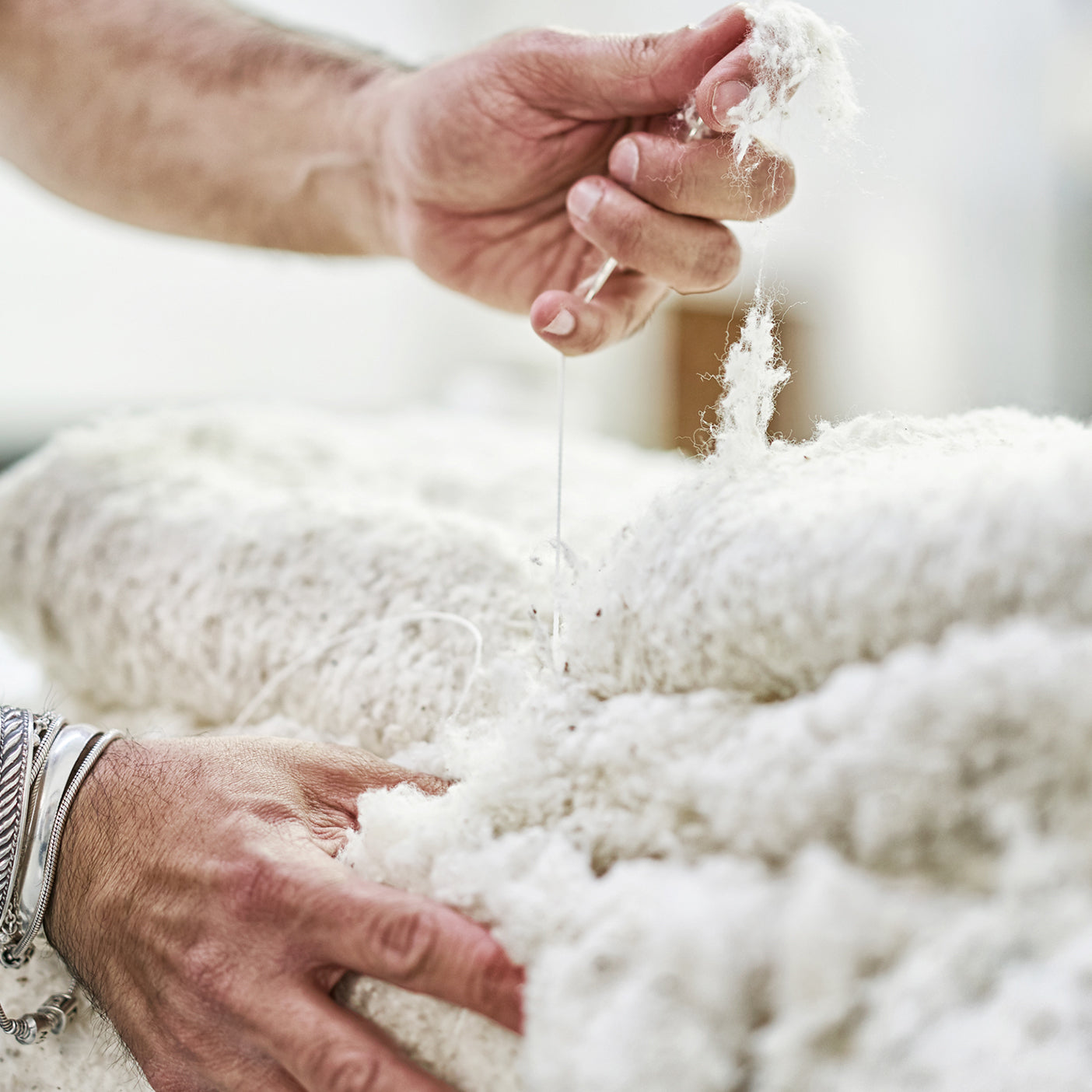
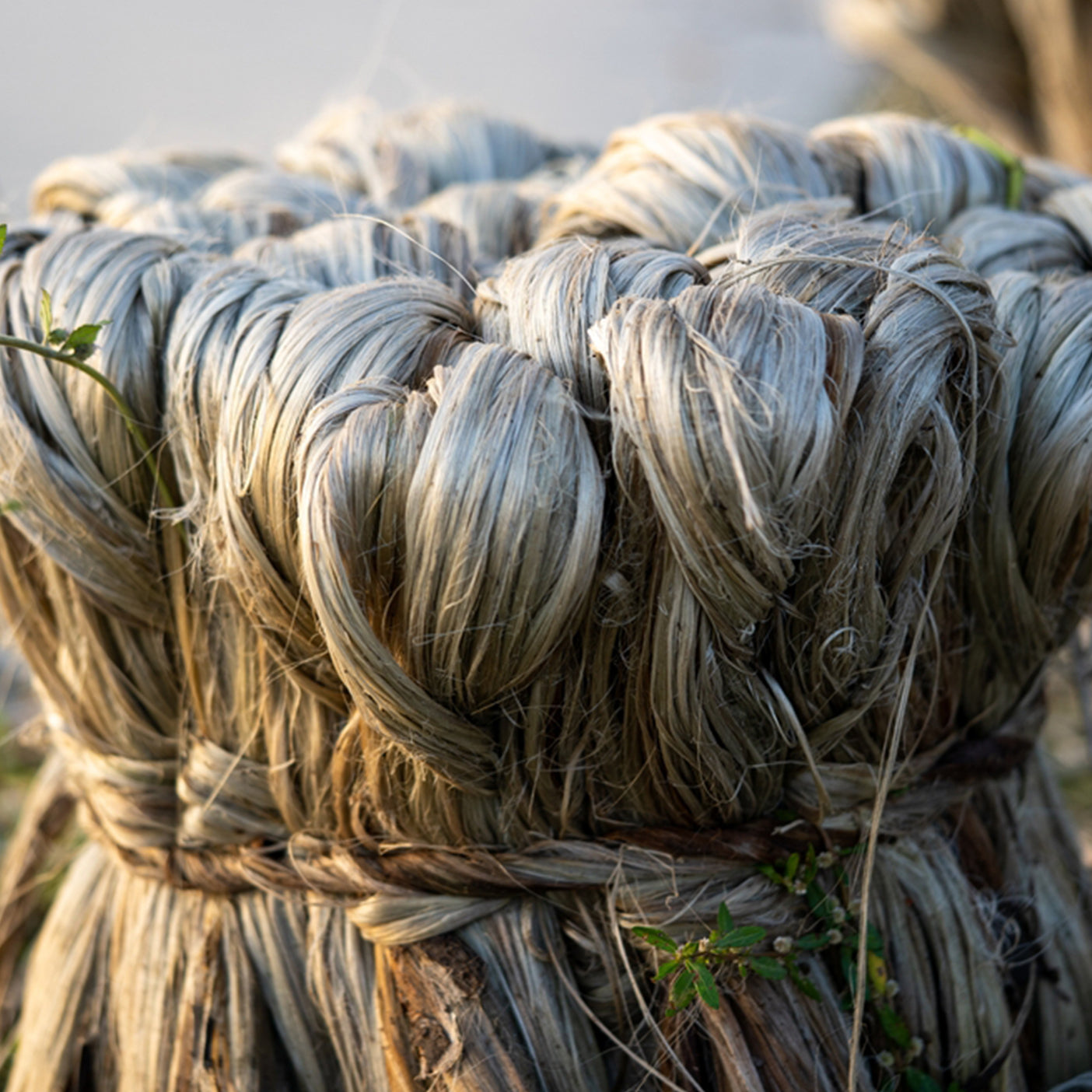
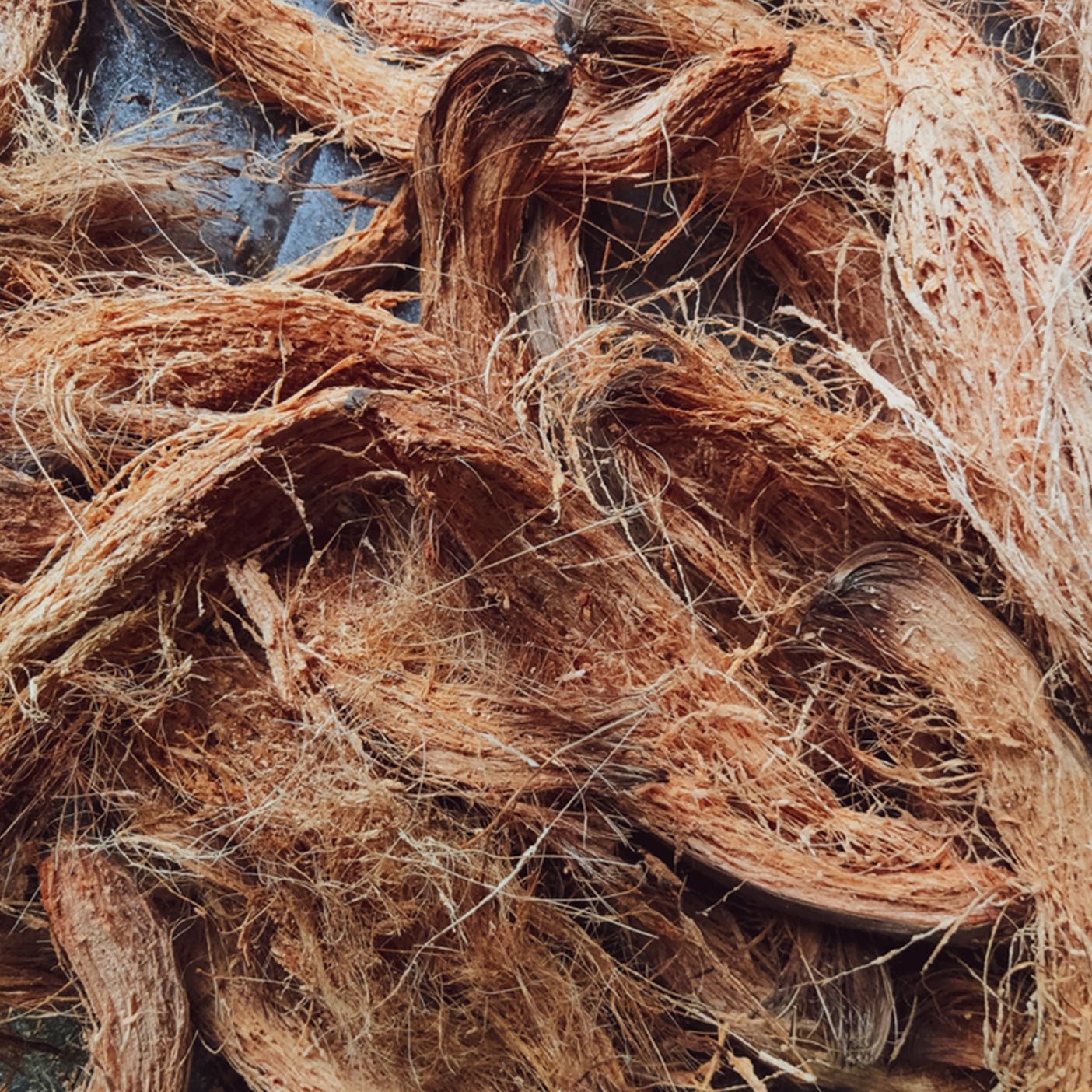


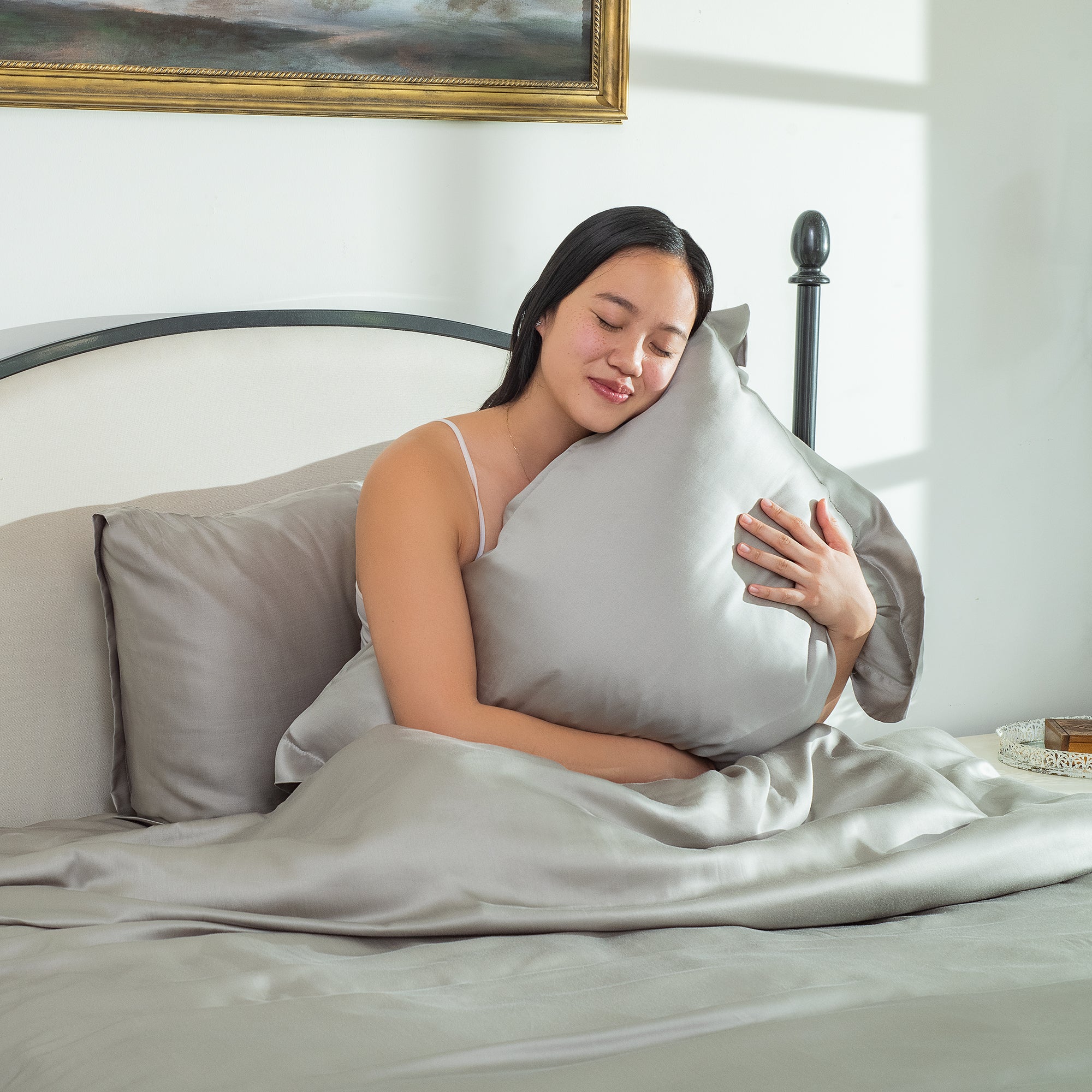
Leave a comment